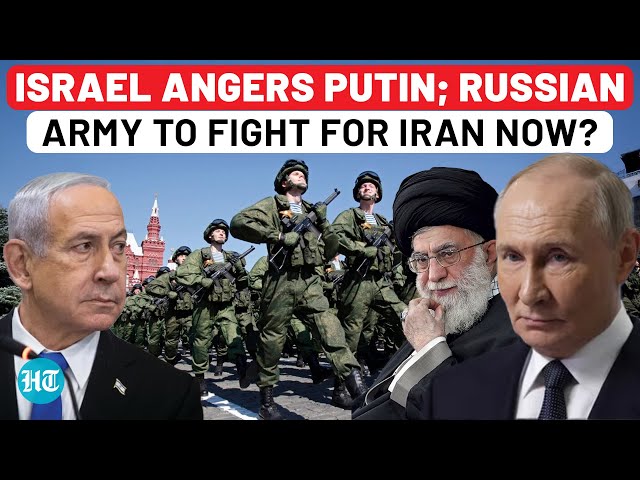
Introduction
The geopolitical landscape in the Middle East has seen significant transformations recently, with the interplay between Russia, Iran, and Israel becoming increasingly pivotal. As alliances shift and tensions escalate, understanding these relationships is crucial for grasping the future of regional stability and international relations.
Recent Developments
In the past months, there have been multiple notable incidents involving Russia, Iran, and Israel. Russia has maintained a strategic partnership with Iran, particularly in the context of their mutual interests in supporting the Assad regime in Syria. This alliance has enabled Iran to solidify its military presence in the region, which has drawn considerable concern from Israel.
In a significant turn of events, Israeli airstrikes targeting Iranian positions in Syria have intensified. Reports indicate that these strikes aim to deter Iran from establishing a permanent foothold near Israel’s border. The Israeli Defense Forces (IDF) have stated that they will continue to act against any Iranian entrenchment within Syria, reflecting their longstanding policy to combat Iranian influence.
Furthermore, Russia’s role as mediator in the Middle East presents a complex scenario. While it supports Iran, Moscow also seeks to maintain a working relationship with Israel. This balancing act is evident as Russian officials recently called for restraint among all parties, highlighting the need to avoid direct conflict that could destabilize the region further.
Iran’s Military Developments
Iran’s recent military advancements, including missile technology and drone capabilities, have raised alarms in Israel and drawn condemnation from the West. The relationship between Iran and Russia, particularly in military cooperation, has provided Tehran with the resources needed to enhance its capabilities. This mutual support poses strategic challenges for Israel, which sees a nuclear-armed Iran as an existential threat.
Conclusion
The complex relationship among Russia, Iran, and Israel is characterized by a mix of cooperation and competition, shaped by the ongoing conflicts in Syria and heightened military tensions. As these dynamics evolve, it is vital for observers to monitor the interactions closely, as any miscalculation could lead to broader military engagements with significant consequences for regional and global stability.
Looking ahead, the question remains whether diplomatic efforts can be successful in curbing the tensions between these nations or if military confrontations will escalate. The international community continues to watch this triangle closely, with the hope that dialogues will prevent potential conflicts while addressing security concerns across the region.



